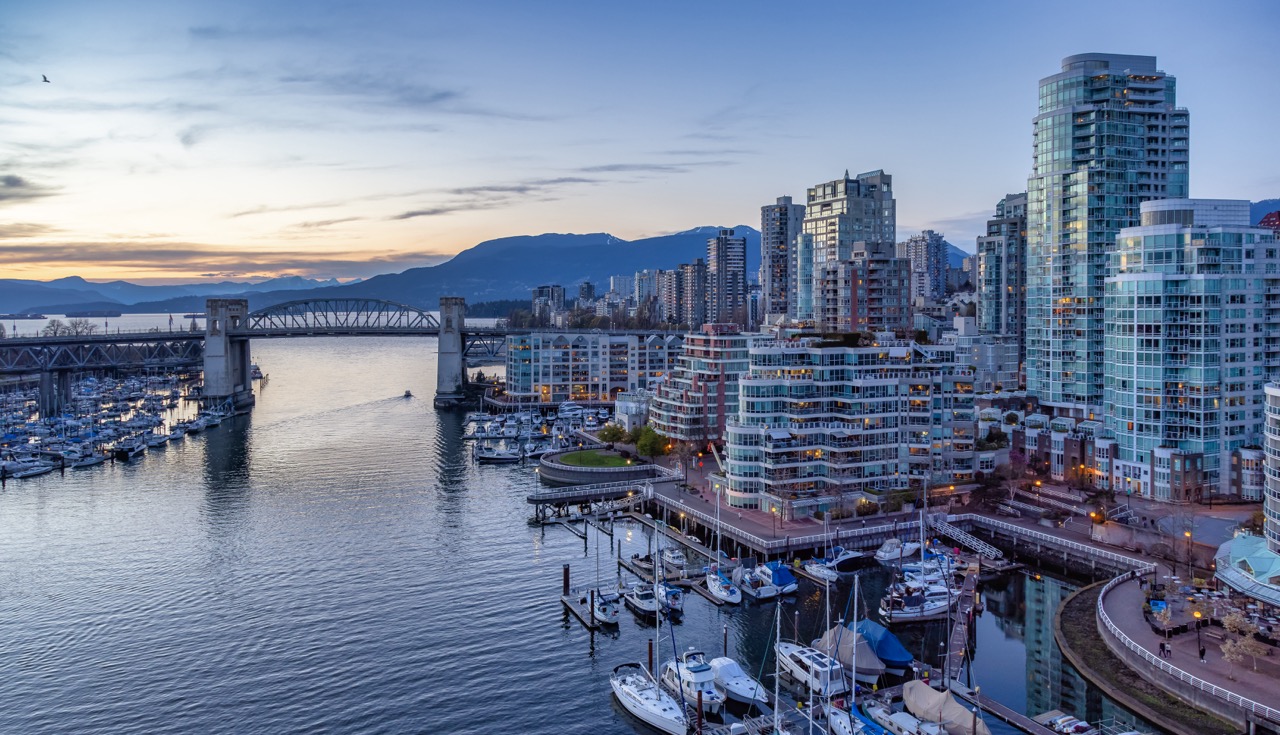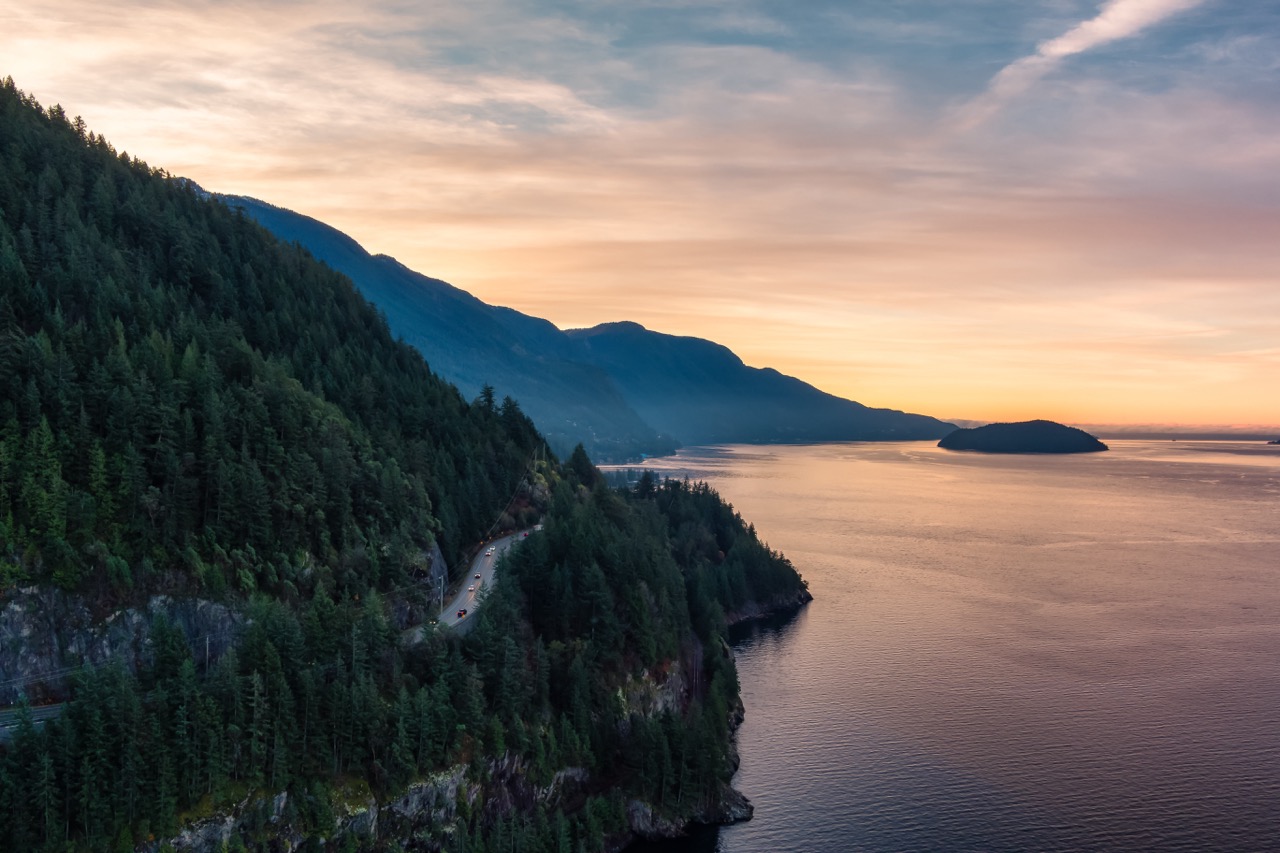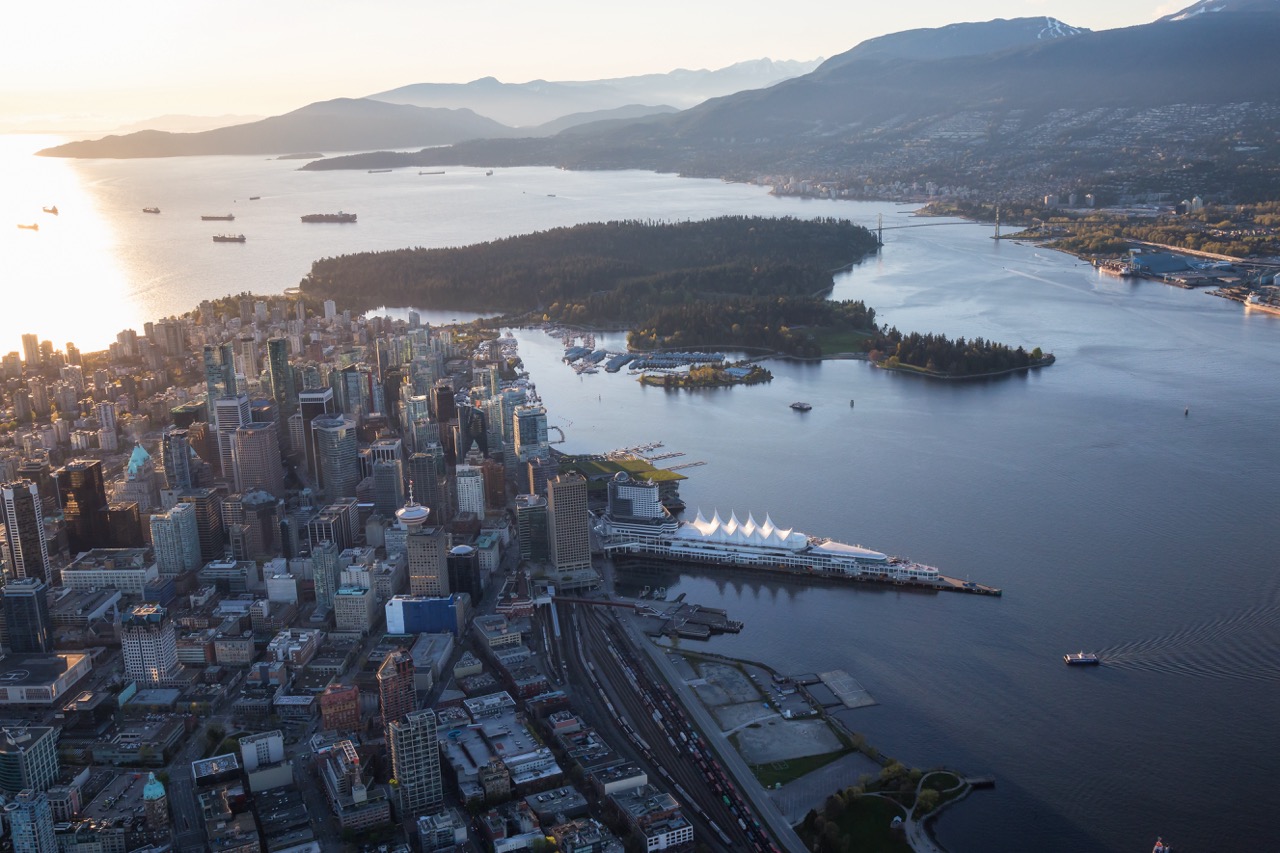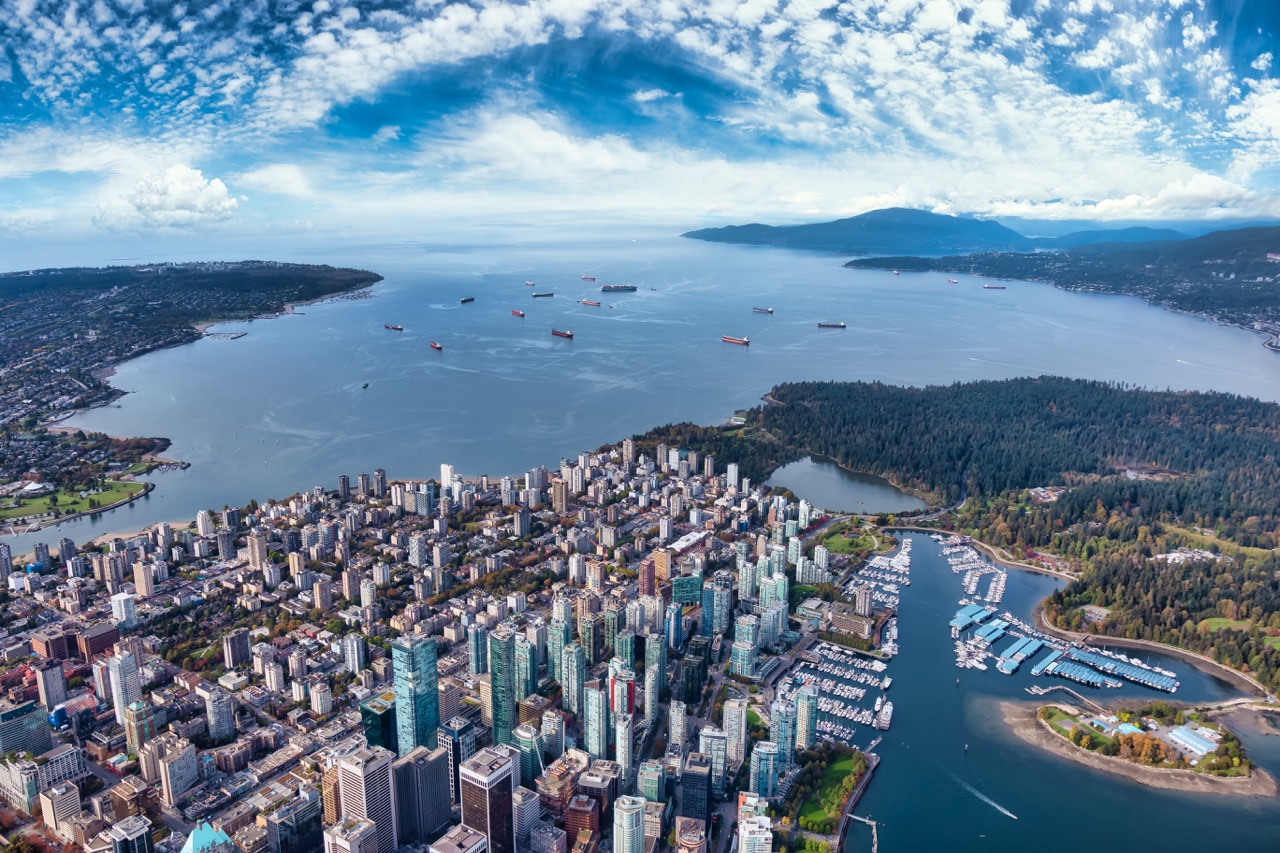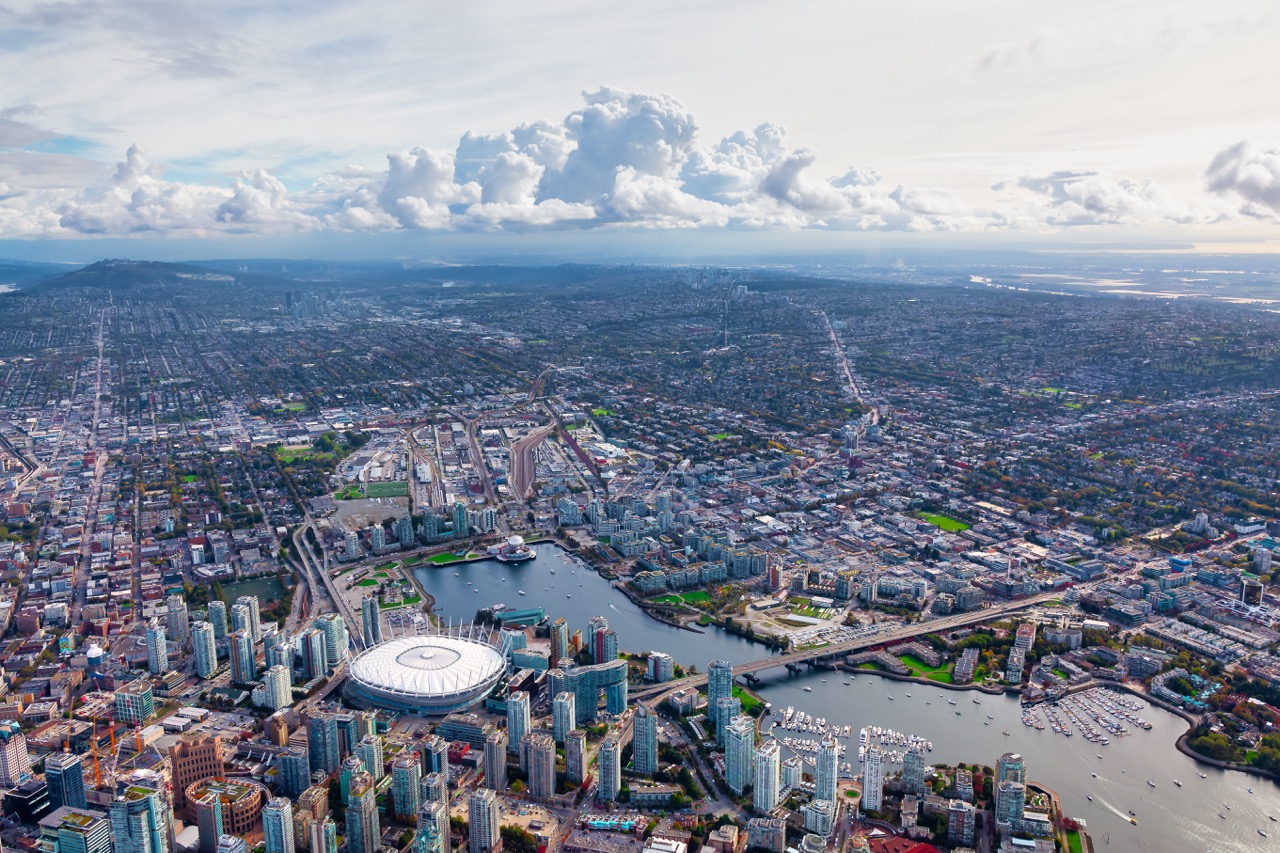Camping in British Columbia (BC) presents an unparalleled opportunity to immerse yourself in one of Canada’s most stunning natural landscapes. With its diverse geography ranging from rugged mountains to lush forests and pristine lakes, BC offers a variety of camping experiences for everyone, from families to seasoned adventurers. Whether you’re pitching a tent in a well-facilitated provincial park or exploring the wild backcountry, preparation and knowledge of the area can greatly enhance your experience. This article explores the beauty of BC’s campsites, essential packing tips, family-friendly locations, backcountry adventures, safety considerations, and sustainable practices to ensure an enjoyable and respectful camping experience.
Exploring the Natural Beauty of British Columbia’s Campsites
British Columbia is renowned for its breathtaking landscapes, and its campsites are no exception. The province boasts a wide range of camping options, from oceanfront sites along the Pacific coastline to mountainous retreats in the Rockies. Each region offers unique flora and fauna, breathtaking views, and a sense of peace that can only be found in nature. Campers can enjoy the vibrant colors of fall foliage, the serenity of snow-capped peaks, or the soothing sounds of waves lapping against the shore, making each camping experience unique and memorable.
Many of BC’s campsites are located within provincial parks, which are meticulously maintained and equipped with facilities such as washrooms, picnic tables, and fire pits. These parks, including famous spots like Garibaldi Provincial Park and Yoho National Park, provide excellent opportunities for hiking, fishing, and wildlife watching. Campers can expect to encounter diverse wildlife, including deer, bears, and various bird species, adding to the enchantment of the camping experience. Additionally, the sheer scale and beauty of the landscapes often leave visitors in awe, making every moment spent outdoors incredibly rewarding.
For those looking for more secluded settings, BC also offers remote campsites that allow for a deeper connection with nature. These less-traveled spots often require some hiking or canoeing to access but reward campers with tranquility and stunning scenery. Whether you’re near a river, lake, or mountain peak, the natural beauty of British Columbia’s campsites is sure to inspire a sense of adventure and appreciation for the great outdoors.
Essential Packing Tips for a Successful Camping Trip
To ensure a successful camping trip in British Columbia, packing the right gear is crucial. Start with the basics: a sturdy tent, sleeping bag, and sleeping pad. The tent should be appropriate for the weather conditions—consider waterproof options if camping in a wet season. A well-insulated sleeping bag is essential for keeping warm, particularly in cooler mountain regions, while a sleeping pad adds comfort and insulation from the ground.
Food is another critical aspect of camping preparation. Opt for non-perishable items that are easy to prepare and pack. Meal planning in advance can save time and reduce waste. Don’t forget to pack essential cooking gear, such as a portable stove, pots, utensils, and a cooler for perishables. Additionally, bring enough water or a reliable filtration system to ensure hydration throughout your trip. Having snacks on hand can also be a morale booster during hikes or outdoor activities.
Lastly, remember to include a first-aid kit and safety gear. A basic first-aid kit should have bandages, antiseptics, pain relievers, and any personal medications. Other useful items include a multi-tool, flashlight, map, and compass or GPS device. By packing thoughtfully and adequately, campers can navigate the beautiful landscapes of British Columbia with confidence and comfort.
Top Family-Friendly Camping Locations in BC
For families looking to enjoy the great outdoors, British Columbia offers a plethora of family-friendly camping locations. One of the most popular spots is Cultus Lake Provincial Park, known for its stunning lake and sandy beaches. This park offers a range of amenities, including playgrounds, picnic areas, and water activities such as canoeing and kayaking. The shallow waters make it an ideal environment for young children to explore and enjoy.
Another excellent choice for families is Alice Lake Provincial Park, located near Squamish. This park features several well-maintained campsites, hiking trails, and swimming areas. The family-friendly atmosphere is enhanced by its proximity to scenic trails that cater to all skill levels, making it easy for families to enjoy the outdoors together. Children can also enjoy the park’s natural playgrounds and engage in educational programs during the summer months.
Kootenay National Park is also a great option for families who want to combine camping with educational experiences. The park offers interpretive programs and ranger-led activities that can enrich the camping experience for children. With stunning landscapes, opportunities for wildlife viewing, and various hiking trails, Kootenay provides a fantastic blend of adventure and learning for families looking to bond in nature.
Popular Backcountry Camping Spots for Adventurers
For those seeking a more rugged outdoor experience, British Columbia’s backcountry offers countless opportunities for adventure. One of the most renowned backcountry spots is the Bugaboos, a stunning mountain range known for its breathtaking spires and glacial landscapes. This remote area is popular among seasoned hikers and climbers, offering challenging trails and unparalleled views. Camping in the Bugaboos allows adventurers to immerse themselves in an untouched wilderness while enjoying activities such as rock climbing and glacier hiking.
Another popular backcountry destination is the West Coast Trail, which is famed for its challenging terrain and rich coastal scenery. This multi-day hike features rugged beaches, lush rainforests, and diverse wildlife. Campers can set up at designated locations along the trail, providing a unique opportunity to explore the coastline while staying connected to nature. The West Coast Trail is not only an adventure but also a journey through the historical significance of the area, making it a rewarding experience for outdoor enthusiasts.
Finally, the Juan de Fuca Trail on Vancouver Island caters to those looking for a less intense but equally beautiful backcountry experience. This trail winds along the west coast, offering stunning ocean views, lush forests, and secluded beaches. Each campsite along the trail is equipped with basic amenities, allowing for a balance between wilderness and comfort. The Juan de Fuca Trail is ideal for adventurers of varying skill levels, making it a great choice for those looking to explore BC’s backcountry at their own pace.
Safety Considerations While Camping in British Columbia
Safety is a primary concern for anyone venturing into the great outdoors, especially in the diverse landscapes of British Columbia. First and foremost, it’s essential to familiarize yourself with the specific area you plan to camp in. Research potential hazards such as wildlife encounters, weather conditions, and trail conditions. Notably, bears are common in many regions, so understanding bear safety practices, such as food storage and encounter protocols, is crucial.
Weather can also change rapidly in BC, particularly in mountainous regions. Before heading out, check the weather forecast and prepare for unexpected conditions. Pack layers of clothing to accommodate temperature fluctuations throughout the day and night. Additionally, it’s wise to carry a first-aid kit and have a basic understanding of wilderness first aid to handle minor injuries or emergencies that may arise while camping.
Lastly, consider your group’s skill level and choose camping locations that match your experience. For those new to camping, opting for established campgrounds with amenities can provide a gentler introduction to outdoor living. More experienced campers can take on backcountry routes but should always plan ahead, inform someone of their itinerary, and have a reliable means of navigation and communication. Prioritizing safety ensures that your camping experience in British Columbia is both enjoyable and secure.
Sustainable Camping Practices for Environmental Awareness
As the popularity of camping continues to rise, practicing sustainability while exploring British Columbia’s natural beauty becomes increasingly important. Campers should always adhere to the "Leave No Trace" principles, which include packing out all trash, minimizing campfire impacts, and respecting wildlife. By being responsible stewards of the environment, campers can help preserve the stunning landscapes they enjoy for future generations.
Using eco-friendly products is another way to promote sustainability while camping. Opt for biodegradable soaps, reusable utensils, and environmentally safe camping gear to minimize your ecological footprint. It’s also advisable to camp in designated areas to prevent damaging delicate ecosystems. By sticking to established sites and trails, campers can help protect native plants and wildlife habitats.
Engaging in conservation efforts is an excellent way for campers to give back to the areas they cherish. Many parks and organizations offer volunteer opportunities focused on trail maintenance, habitat restoration, and environmental education. Participating in these initiatives not only enhances the outdoor experience but also fosters a deeper connection to the natural world and encourages a culture of environmental responsibility among campers.
Camping in British Columbia is a rewarding experience that offers breathtaking scenery, diverse ecosystems, and a chance to disconnect from the hustle and bustle of everyday life. With the right preparation and knowledge of essential tips, families, adventurers, and nature enthusiasts can enjoy the province’s many offerings. By prioritizing safety and embracing sustainable practices, visitors can ensure that they leave minimal impact while immersing themselves in the beauty of BC’s wilderness. Whether you’re setting up camp among the towering trees or hiking through challenging terrains, the memories made in British Columbia’s great outdoors are sure to last a lifetime.

